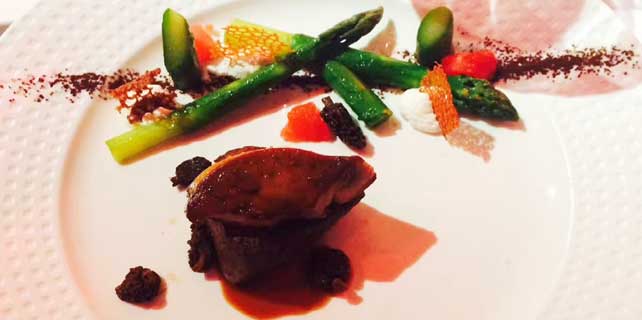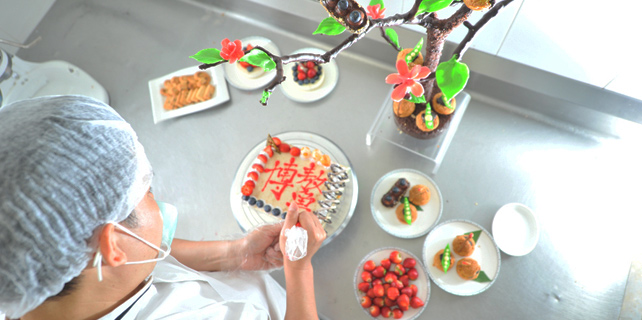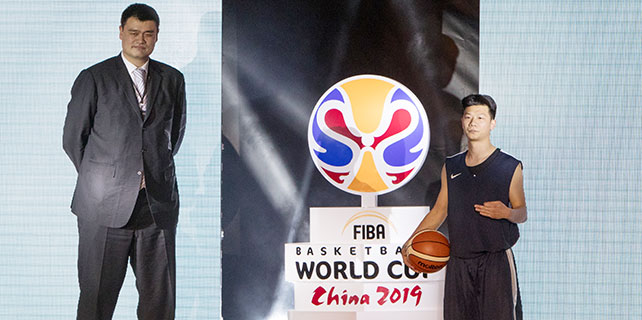Surrogacy standoff sees more couples heading abroad
Caution advised
However, Xue Jun, a professor of law at Peking University, advised caution, noting that there are many concerns surrounding surrogacy, including gender selection and the potential for legal disputes between surrogates and the intended parents.
Liu Ye, a lawyer in Shanghai, is strongly opposed to surrogacy. He cited potential health hazards facing surrogates, such as hypertension, uterine discomfort, abnormal fetal position, pain during delivery and even death.
Also, "poor women may be used as reproductive tools by the rich", he added.
In response, Wang Lina stressed that only altruistic, unpaid surrogacy should be legalized, and the procedure should be performed for women with clearly defined existing conditions, such as uterine problems, or who have failed with other fertility treatments.
In gestational surrogacy, the intended parents use in vitro fertilization to produce an embryo that is genetically theirs and then have it transferred to the uterus of the surrogate. However, the likelihood of pregnancy varies widely because of the high average age of the donors.
In other cases, the surrogate also donates the egg. That was the case for Geng Le, CEO of the gay social-networking app Blued which has more than 21 million registered users in China.
Geng's baby boy was born in San Francisco a few weeks ago via a Western surrogate.
"Both commercial surrogacy and egg donation is legal here (San Francisco). I chose a white surrogate so I could have a mixed-blood baby-they are usually prettier and smarter," he said.
Surrogacy is the only way for gay men across the world to have a baby, but Geng said that even excluding the policy restrictions, affordability is a major concern.
A gay man in Chongqing, who declined to be named, said he would prefer to visit clinics in the US or Europe, but the "complicated procedures and high cost deterred me from the idea of 'surrogacy tourism'". He didn't think China would legalize surrogacy anytime soon.
In a potentially tricky development, the final amended Law on Population and Family Planning, which took effect on Jan 1 last year, didn't outlaw surrogacy. That omission, which means acting as a surrogate is not a crime in China, has led some commentators to claim the move demonstrates a cautious and prudent approach to the procedure.
However, in February, Mao Qun'an, a spokesman for the National Health and Family Planning Commission, reiterated that surrogacy remains a complicated issue in relation to the law and medical ethics.
"The commission will continue to crack down on such practices," he said.









